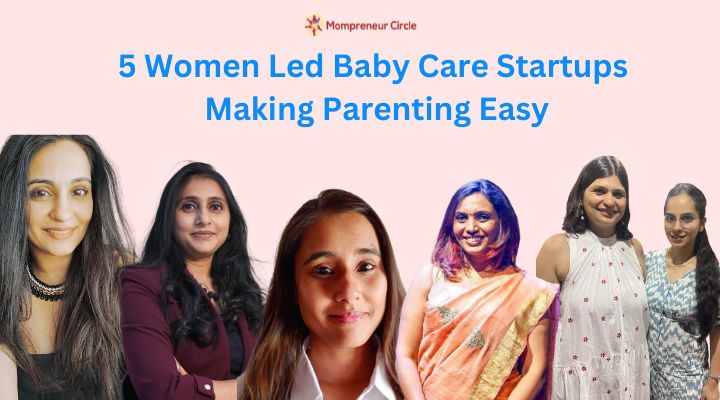Equal Parenting: Normalising paternity leave and bridging the sexist gap in parental policies

Raising a child and nurturing a soul is a mammoth task. Every couple struggles with the upbringing of their children, with or without support from family, friends, and other individuals. The responsibility of parenthood is heavily reliant on women, which holds them back from progressing professionally or joining their workplaces post pregnancy. They are also penalized for reduced focus on their careers, in the form of lack of opportunities and unequal pay. This is why it is crucial for both parents to provide support to the other and be supported by external agencies during their journey of parenthood.
Last year when skipper, Virat Kohli was granted paternity leave in the middle of a competitive Test series against Australia, it created ripples in the hearts of Indians and Indian men. Paternity leave, when endorsed by governments, MNCs and influencers, will be the first step in acknowledging that parenting and childcare is a shared responsibility for both men and women. Several large and private companies have also offered paternity leave, without the prodding of legislation. Recently, online food delivery giant, Zomato rolled out 26 weeks of paid leave for employees who become new fathers as an initiative to normalize paternity leaves across the country.
Shunning Social Stigma
Even as members of the millennial generation, we are born in a society with gendered expectations which have camouflaged their way in our thinking, living, and doing. Growing up in progressive households may have moulded our expectations and ideas, but the background failed to manifest enough to be able to fully counter the pervasive inequalities which continue to restrict partners from co-parenting as hoped. In spite of several headways and advances being made, to revise social norms from traditional to contemporary, women are still forced to make unfavorable career choices.
All Dads Matter
Fathers are burdened with the task of single-handedly running the family as women are single-handedly raising their child. As a result, dads are unable to take time away from work. Research shows that fathers crave more guidance and support through their transition into fatherhood. Yet, this is not readily available, which sends a clear and regressive message to new parents right from the beginning that, fathers need not to learn how to parent, because they will not be the primary caregivers for the initial years of the child’s growth & development.
Holistic Care
Care is undervalued despite its vital importance in nurturing lives, helping families and friends through adulthood, and providing support and strength at the end of their lives. It is often taken for granted that women are good caregivers, finding their efforts sold short as a result. Meanwhile, men who wish to stay at home, be part of their children’s lives and provide care and guidance, are either not allowed the same or looked down upon for neglecting their professional obligations. Fathers who take time off are better able to assist mothers, while ensuring a holistic support system is created for their child, a safe and secure environment of love and presence. Companies which offer paid leaves for both parents not only ensure gender parity at the workplace but also contribute to morale upliftment as they allow both spouses to spend their formative years with their children without the fear of job loss, pay-cuts and work worries looming.
A Voice for Change
To foster equal parenting, both parents should be allowed an equal number of leaves. In the Indian Labour Law, under the Central Civil Services (Leave) Rules, 1972, there is no provision for paternity leave. Only male government employees are entitled to paternity leave of 15 days before or within six months of the delivery of the child. The paternity benefit bill is a tectonic shift in the systemic gender inequality. Around 2017, post the maternity benefit amendment act, a new bill was proposed known as the Paternity Benefit Bill. The new bill introduced that all workers, both in unorganized and private sectors, should get paternity leave of fifteen days, which is also extendable up to three months. One of the most important features is that it emphasized the equal parental benefits for mothers and fathers, both.
Paternity leave has now been sanctioned to government employees. With this, many start-ups as well as large companies have joined the movement to address the lack of universal paid paternal leave and the sexist gap in organizational policies, laying the groundwork for equal opportunities for all.
Img Source: SHRM.org







